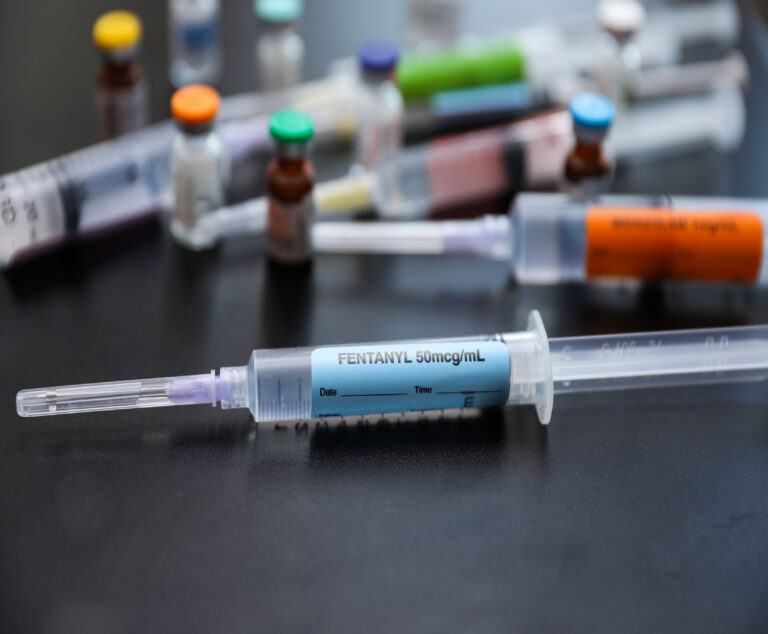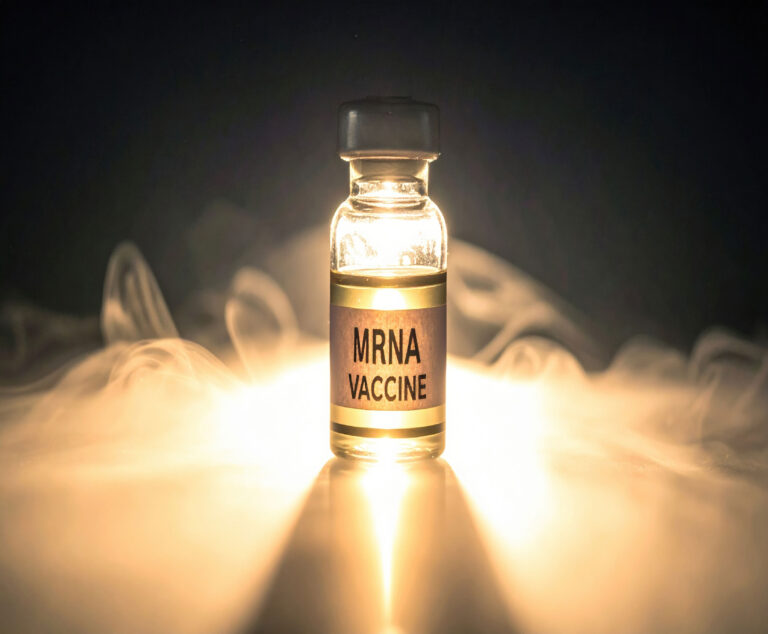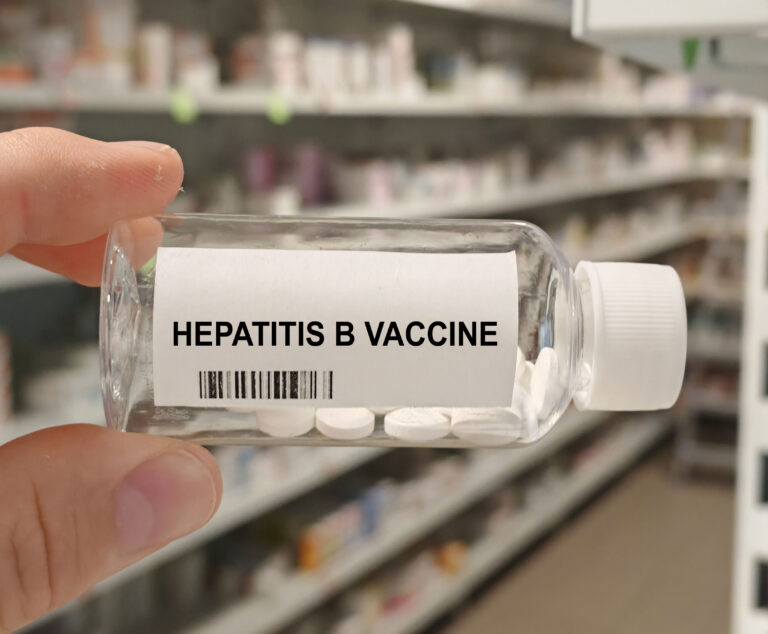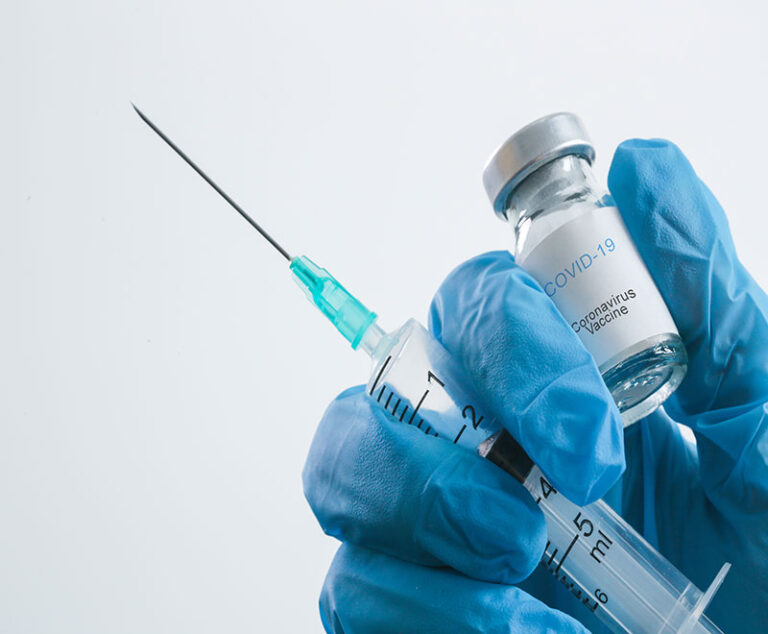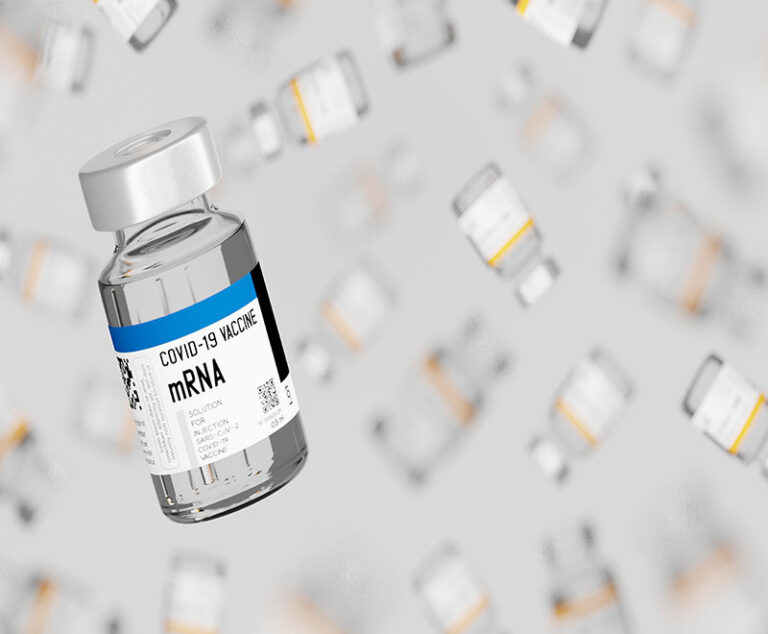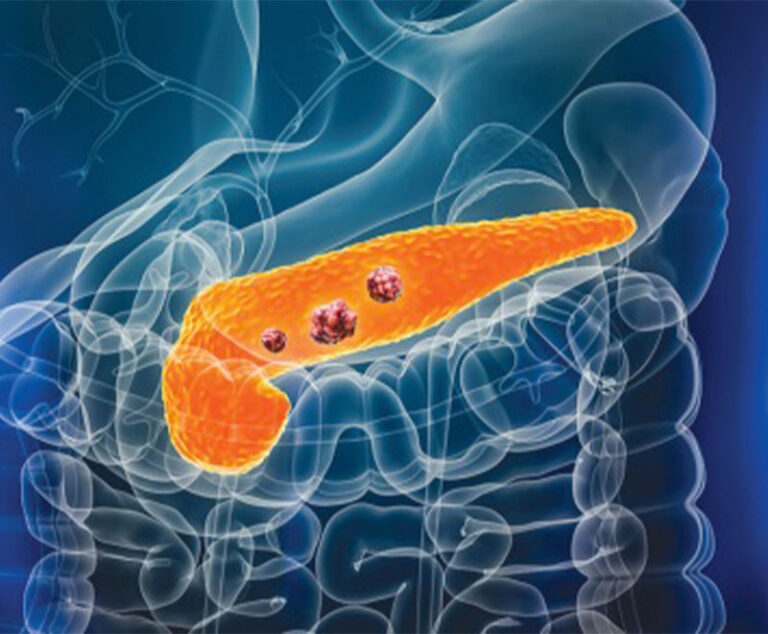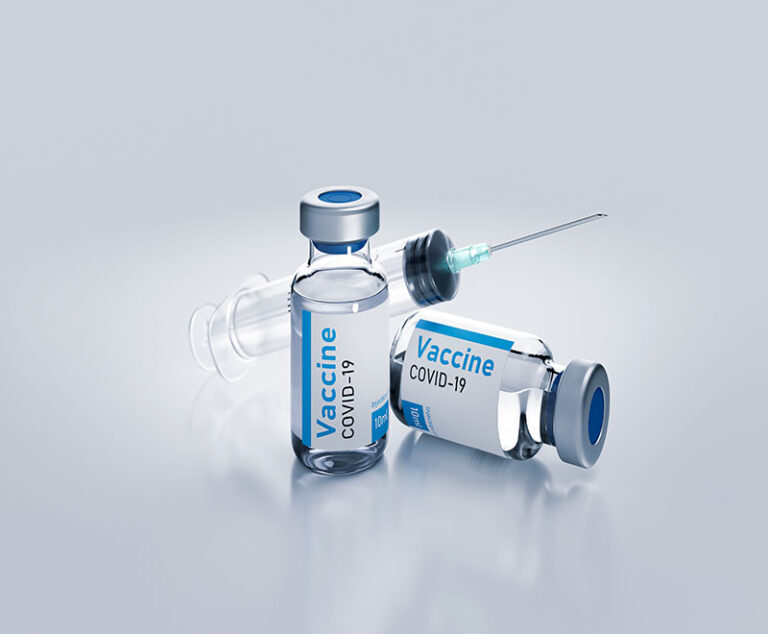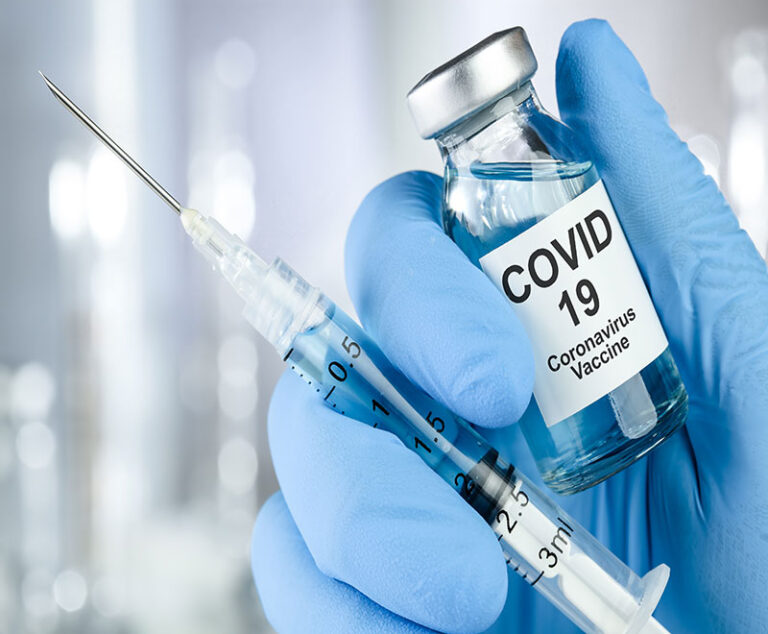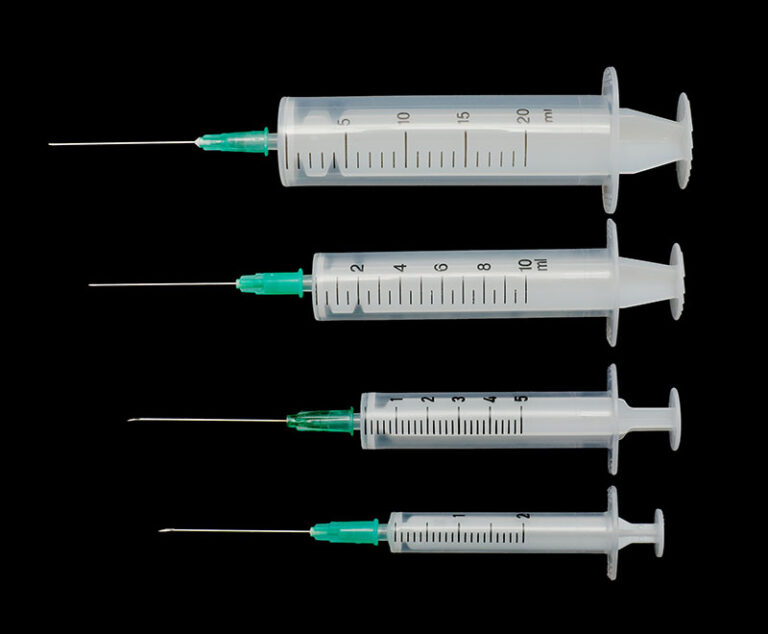Industry News
Research, Science & Manufacturer Updates
Vaccines Articles
A vaccine candidate called GBP511 that builds upon a self-assembling nanoparticle technology has begun human clinical testing in Australia.
A clinical tria that evaluated an alpha-lactalbumin (aLA) vaccine demonstrated an immune response in 74 percent of patients who presently have or are at high risk for triple-negative breast cancer.
A vaccine that blocks the effects of fentanyl, including overdoses, is scheduled for Phase I human trials in the Netherlands in early 2026 to assess its safety.
Researchers have demonstrated that weakened immune systems of older individuals can be rejuvenated using mRNA technology to transform the liver in mice into a temporary source of immune regulatory factors that are naturally lost during aging.
The Centers for Disease Control and Prevention has approved a change to the nation’s childhood immunization schedule to drop the long-standing practice of giving all newborns a hepatitis B vaccine within 24 hours of birth.
In a national cohort study of 28 million individuals, researchers found no increased risk of four-year all-cause mortality in individuals aged 18 to 59 years vaccinated against COVID-19, further supporting the safety of the mRNA vaccines that are widely used worldwide.
A study has found that for patients with certain types of advanced lung or skin cancer, administration of a SARS-CoV-2 mRNA vaccine within 100 days of starting immune checkpoint inhibitors is associated with increased overall survival.
New research has found that patients with advanced lung or skin cancer who received a COVID-19 mRNA vaccine within 100 days of starting immunotherapy drugs lived significantly longer than those who did not get the vaccine.
Early clinical and preclinical results are showing that an experimental mRNA and nanoparticle vaccine produced measurable immune responses against pancreatic cancer, and that in small patient groups, those immune responses correlated with delayed recurrence or prolonged survival.
Since the U.S. Food and Drug Administration released its 2025-2026 formula approvals on Aug. 2, significantly restricting who can access the vaccines for the first time since their release, several states have issued their own guidance about COVID-19 vaccines.
Pfizer and BioNTech updated mRNA COVID-19 vaccine for the 2025-2026 season produced strong immune responses, boosting neutralizing antibody levels by at least fourfold in older people and those with underlying medical conditions.
Positive results from Merck’s Phase III STRIDE-13 trial for its Capvaxive vaccine, a pneumococcal 21-valent conjugate vaccine show it has the potential to provide additional protection in individuals 2 through 17 years old.


